Human Rights Watch calls upon the Royal Government of Bhutan to free political prisoners
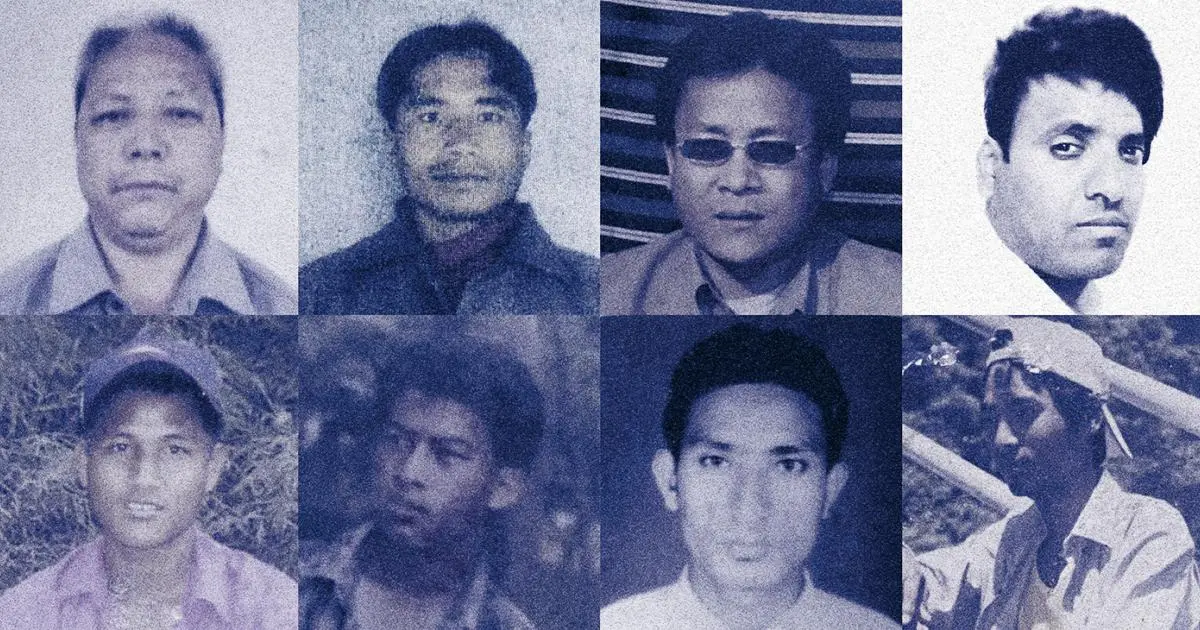
London- Human Rights Watch, a leading international rights group, has called upon the Royal Government of Bhutan to quash the convictions of several dozen political prisoners who have been imprisoned for decades following unfair trials and alleged torture and release them.
In a comprehensive report published on Tuesday, the New York-based rights group said Bhutanese courts convicted and imposed long sentences on peaceful political and anti-discrimination activists and others arrested for a range of alleged national security offenses. ‘The cases originate from before 2008, when Bhutan transitioned from an absolute monarchy to a constitutional one. Those still imprisoned face long sentences, including life in prison,’ the rights group said.
“Bhutan’s publicly promoted principle of ‘Gross National Happiness’ doesn’t account for these wrongfully convicted political prisoners who have been behind bars for decades,” said Meenakshi Ganguly, South Asia director at Human Rights Watch. “The Bhutanese authorities should recognize the harm done to these long-serving prisoners and their families and urgently remedy the situation.”
While the total number of political prisoners in Bhutan remains unknown, Human Rights Watch collected information relating to 37 current prisoners who were first detained between 1990 and 2010. Most of them are held separately from other prisoners, in poor conditions, with many suffering physical or psychosocial (mental health) ailments, and are denied regular communication with their families.
Most of these inmates, who are officially considered “political prisoners,” were convicted under the draconian and vaguely worded 1992 National Security Act (NSA). Bhutanese law defines political prisoner as “any person convicted for conspiring, attempting, soliciting, abetting or committing offenses against the Tsa-Wa-Sum [“king, country and people”].” In all 37 cases identified by Human Rights Watch, this is the primary allegation that led to their conviction. At least 24 are serving life sentences without the possibility of parole, while the remainder are serving terms of between 15 and 43 years.
The vast majority of this group – 32 prisoners – belong to Bhutan’s Nepali-speaking Lhotshampa (“Southerner”) community, which has faced decades of discrimination and abuse from the Bhutanese government. In the early 1990s, over 90,000 Lhotshampas were forced to become refugees in Nepal, following a crisis precipitated by discriminatory laws, disputed citizenship regulations, and widespread abuses by Bhutan’s security forces. Most of the refugees have since been resettled in the United States, Canada, and Australia.
The remaining five prisoners belong to the Sharchop (“Easterner”) community. Four men and a woman are imprisoned for alleged connections to a banned political party, the Druk National Congress, which campaigned for parliamentary democracy and human rights.
Former and current prisoners, and relatives of prisoners, told Human Rights Watch that the authorities severely tortured detainees both to extract confessions and to punish them, and that they had no legal representation at their trials. A prisoner convicted of treason and terrorism said: “The physical torture in custody was merciless, so we had no option but to present ourselves to the court based on their [security forces] demands and their statements. Then the district court declared a sentence of life imprisonment for us. We weren’t given any legal help.”
Bhutanese civil society activists told Human Rights Watch that although there have been efforts to modernise the legal system since 2008, no human rights organisations operate within the country. The media also avoids reporting on topics that the authorities consider sensitive. As a result, there has been little public discussion about the political prisoners or their dire situation.
Of the 32 Lhotshampa political prisoners that Human Rights Watch identified, 15 were convicted and imprisoned since the 1990s for protesting mistreatment of their community. This group includes eight former Royal Bhutan Army soldiers who were accused of treason for allegedly participating in those protests. However, family members and former prisoners could not provide any documentation about the charges filed or the court verdict.
Dambar Singh Pulami was arrested in 2001 when he returned to Bhutan from a refugee camp in Nepal to “see his property,” activists said. He was sentenced to 43 years in prison for “extortion, kidnapping, murder and subversive activities.” He suffers from severe ill-health, which caused him to be hospitalized in May 2022.
Another 15 Lhotshampas have been jailed since 2008, after a small group of refugees who had fled as children with their families in the early 1990s returned to Bhutan. The Bhutanese authorities alleged that they intended to participate in an armed campaign for refugee repatriation and minority rights led by the banned Bhutan Communist Party.
Several prisoners or their relatives reported that prisoners have suffered severe and persistent health problems, particularly as a result of torture. Those with physical illnesses do not receive adequate treatment in prison, which former prisoners said may have contributed to the death of two people.
On November 7, 2022, Human Rights Watch wrote to the government of Bhutan concerning the information and allegations contained in this report but received no response.
Bhutanese activists, too, have appealed to King Jigme Khesar Namgyel Wangchuck to grant amnesty to these prisoners, but haven’t received any response.
The full HRW report can be accessed at:







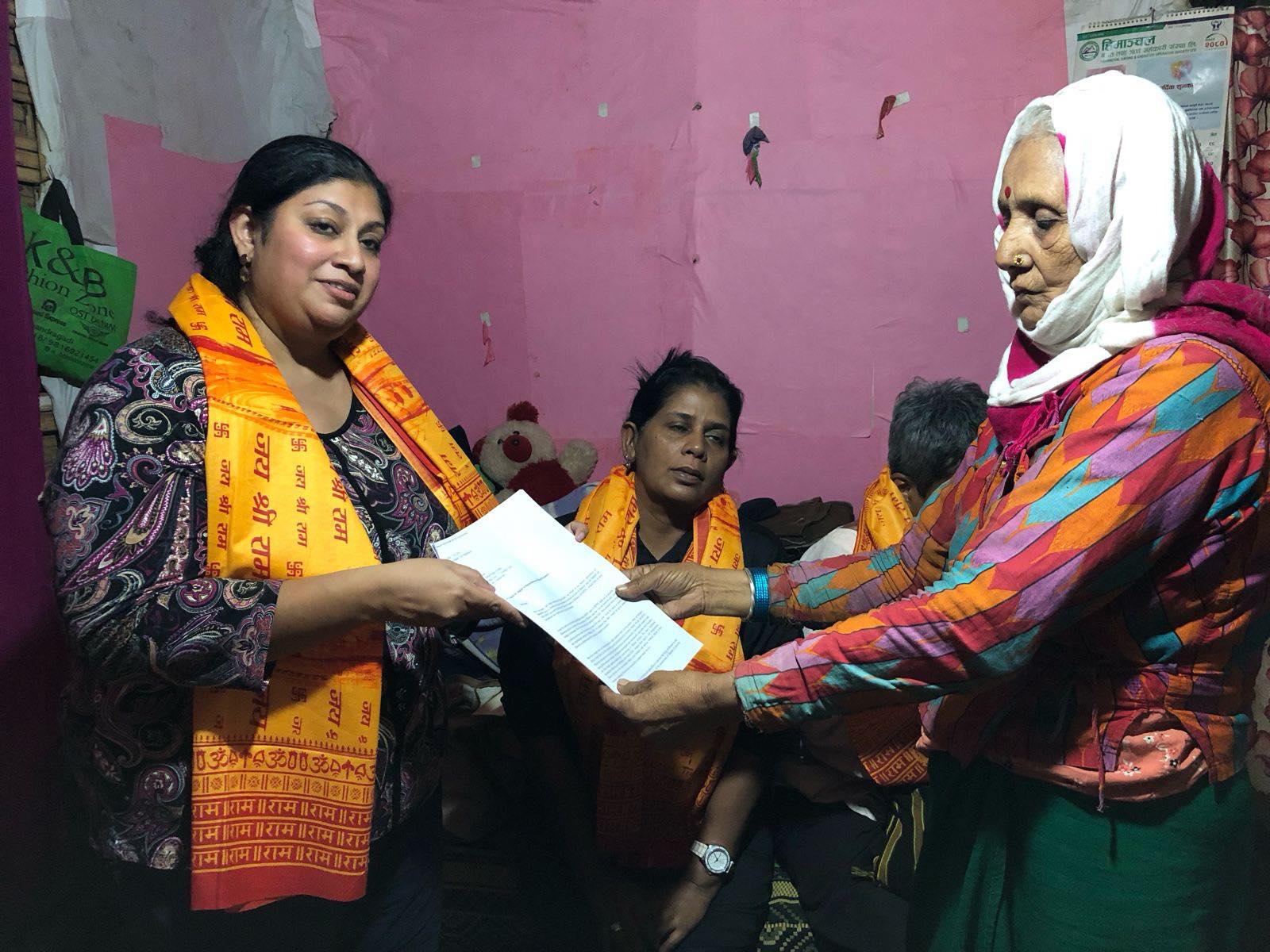
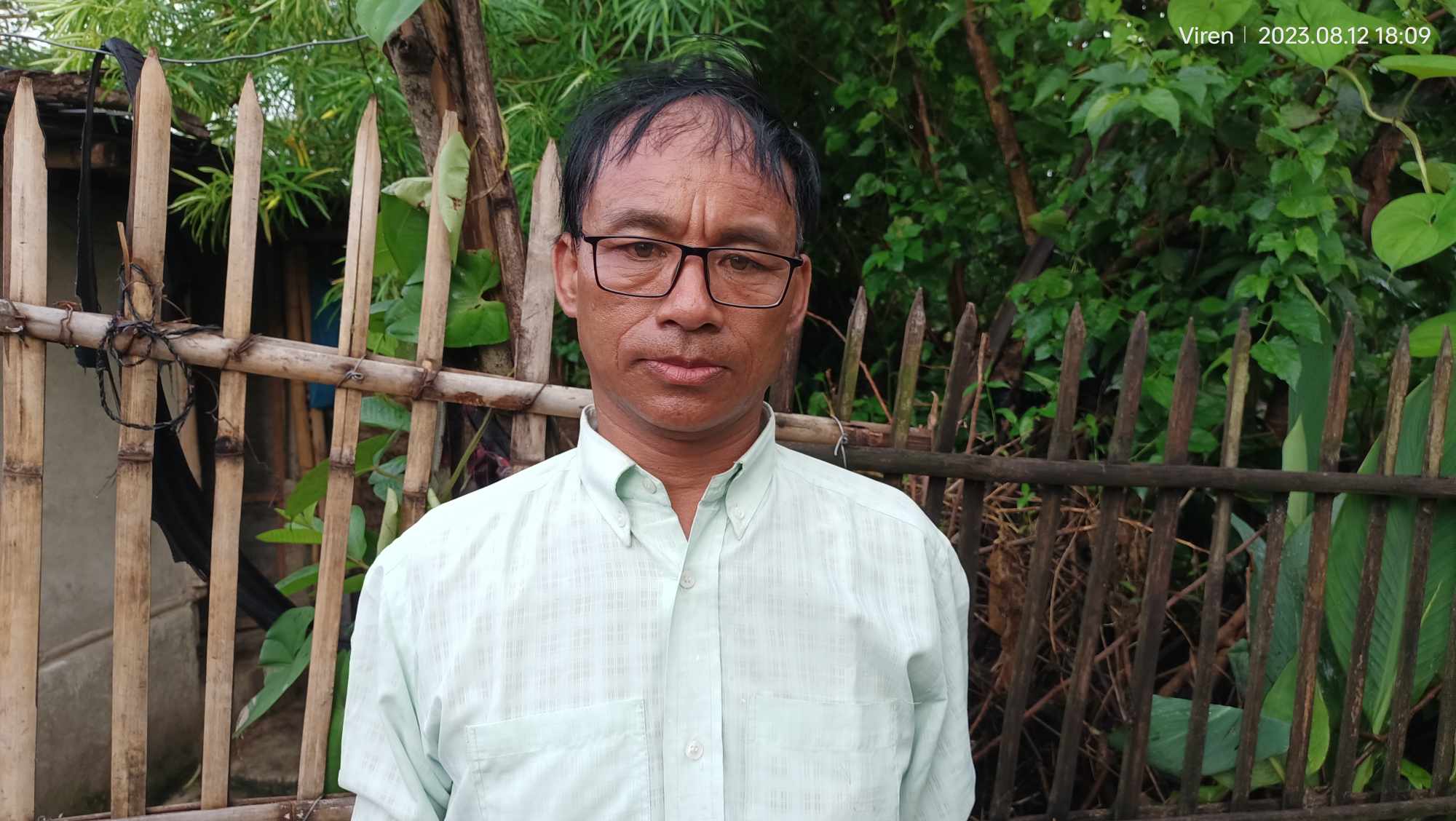
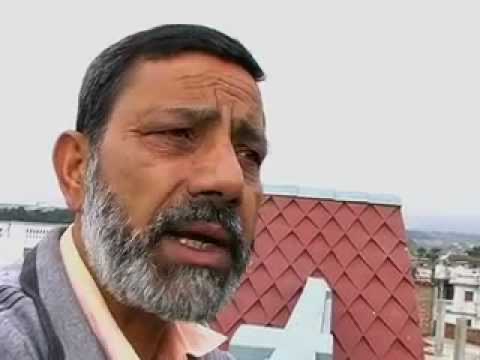

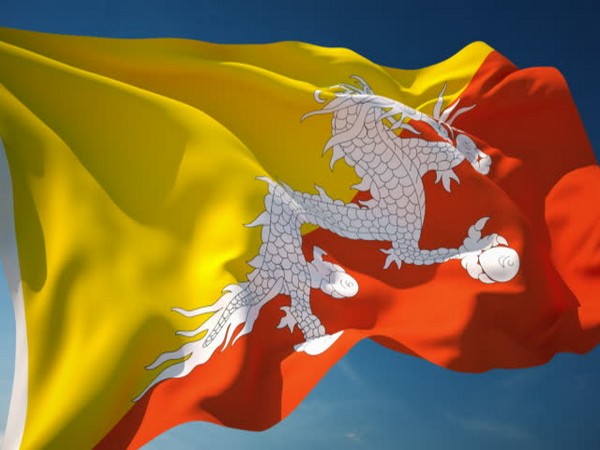







Facebook Comments